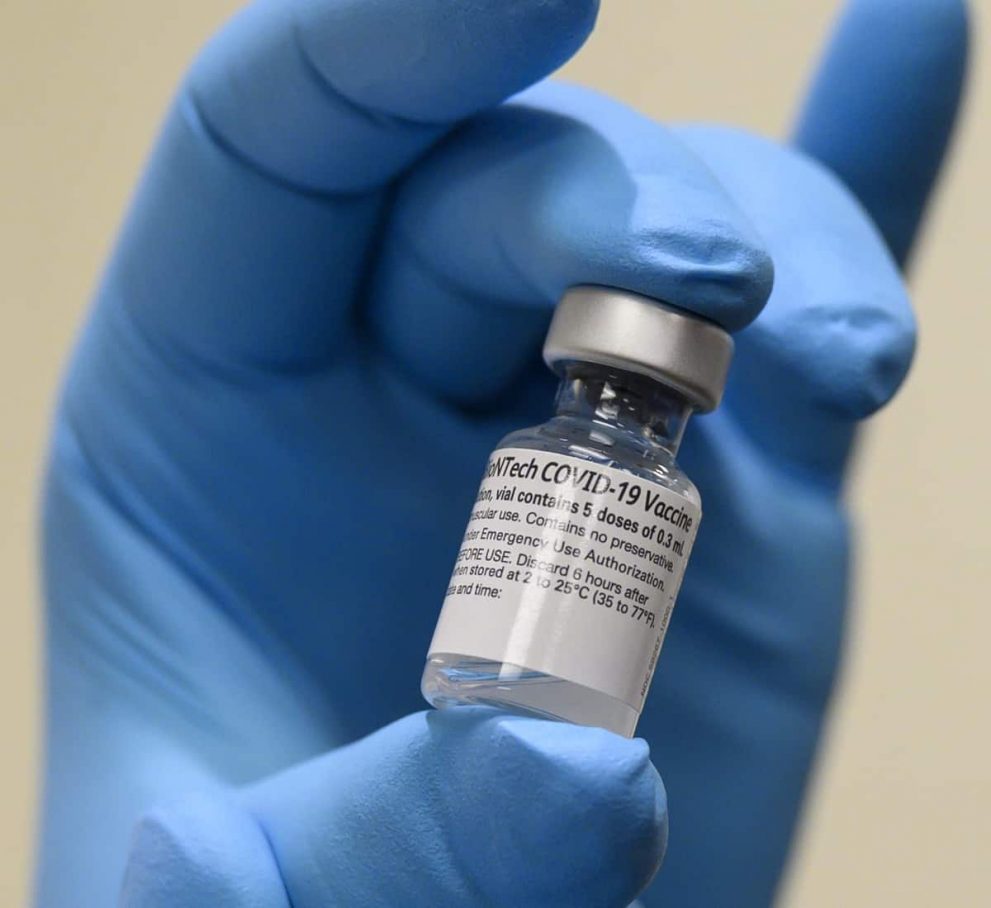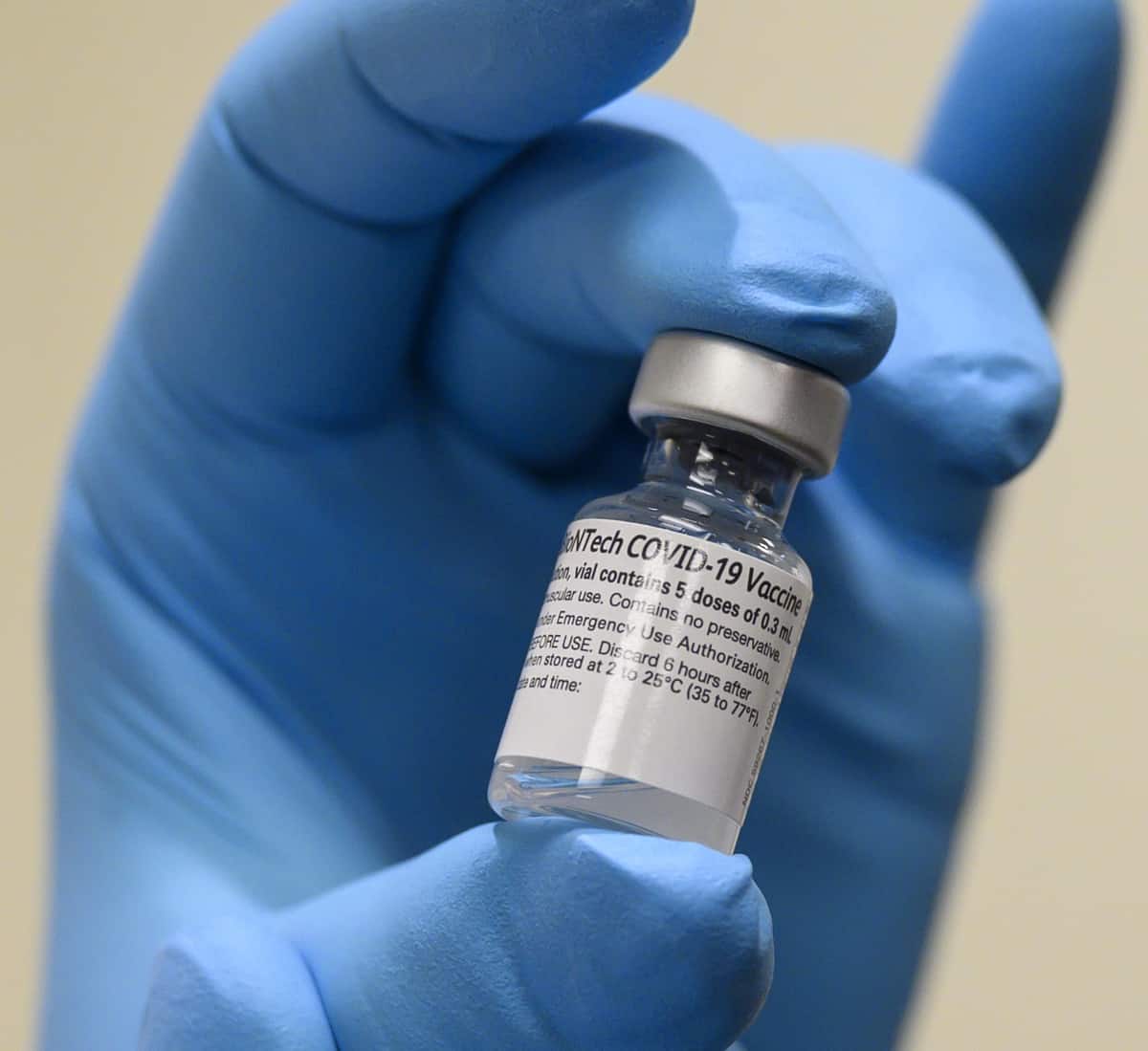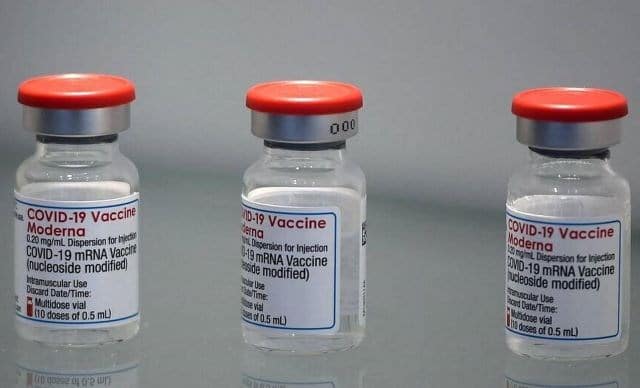

That’s according to portfolio manager John Zechner, who says there are better places to put your money in the healthcare field.
“If you’re going to go into healthcare then it’s a core name. [But] the problem, I think, with the larger providers like Pfizer is given their size and distribution it’s hard for them find products that are going to give them growth,” said Zechner, chairman of J. Zechner Associates, who spoke on BNN Bloomberg on Tuesday.
“Obviously, the vaccine is going to give them a new leg of growth in the very short term but it’s hard to move the dial on a company like that and the valuation is moved up [on Pfizer],” he said.
Health Canada made the historic announcement earlier this month approving the Pfizer-BioNTech COVID-19 vaccine, with about 250,000 doses of the two-dose vaccine arriving by the end of the month, followed by as many as six million doses over the first three months of 2021. Vaccines from Moderna and AstraZeneca are also expected to figure heavily in Canada’s pandemic response as well as those of other countries worldwide.
The vaccine rollout will be an operation of unprecedented proportions but already concerns have been raised that administration to Canadians has hit some hurdles. The CBC reported on Tuesday that Quebec, which had hoped to have 675,000 citizens inoculated by April 1, has seen its rollout hampered, in part by Pfizer’s ground rules asking that roughly half of the doses already sent should be held back on reserve for the second round of doses.
So far, the CBC reported, where other provinces have gone ahead in using reserve doses right away, Quebec has hesitated due to Pfizer’s requirement.
“From the very beginning, we’ve been evaluating the possibility of using all our vaccine to protect the maximum number of people … we will not use what I would call a modified calendar if the data aren’t sufficient,” said Dr. Horacio Arruda, Quebec’s chief public health officer.
Pfizer announced last week that it will supply the United States with 100 additional doses of its COVID vaccine by July 31, 2021, bringing its total doses of the serum to the US to 200 million. Pfizer and BioNTech announced last week an agreement with the European Union for an additional 100 million doses, bringing its total there to 300 million.
“We remain committed to moving as quickly and safely as possible to bring this vaccine to more people in Europe, as the deadly virus continues to spread at an alarming rate,” said Albert Bourla, Chairman and CEO of Pfizer, in a December 29 press release. “In partnership with the European Commission, member states and healthcare providers, we will be able to reach a total of 150 million Europeans across the continent.”
The announcement in November that its vaccine had a 95-per-cent efficacy rate in a Phase 3 trial initially boosted Pfizer’s share price by as much as eight per cent but those gains have been clawed back over the intervening weeks. Year-to-date, Pfizer’s share price is currently down about five per cent.
Zechner said investors looking to get more out of their investment dollars might want to look at the hot biotech sector rather than go with a name like Pfizer, even considering the stock’s attractive dividend which currently has a four-per-cent yield.
“Pfizer is safe and it pays a dividend and there’s some minimal growth there, but in the healthcare field I’d probably venture more into the biotech side and maybe try to play something that has a little bit more torque to it and is probably an area where you’ve got growth and where I might take a little bit more risk,” Zechner said.
“Even the ETFs, the exchange traded funds, for the sector like an IBB or an XBI which contain a wider swath of stocks within the healthcare/biotechnology field and pick out the individual companies,” Zechner said. “I’m more inclined to play that than a name like Pfizer.”
Pfizer last reported earnings in late October where third quarter revenue dropped by 4.3 per cent to $12.13 billion, which was lower than the consensus estimate at $12.32 billion. Earnings were a slight beat of the consensus at $0.72 per share compared to the Street’s call of $0.71 per share. Pfizer called 2020 an “historically challenging year” in its Q3 press release, with the company seeing quieter demand for some of its products.
Leave a Reply
You must be logged in to post a comment.






 Share
Share Tweet
Tweet Share
Share




Comment